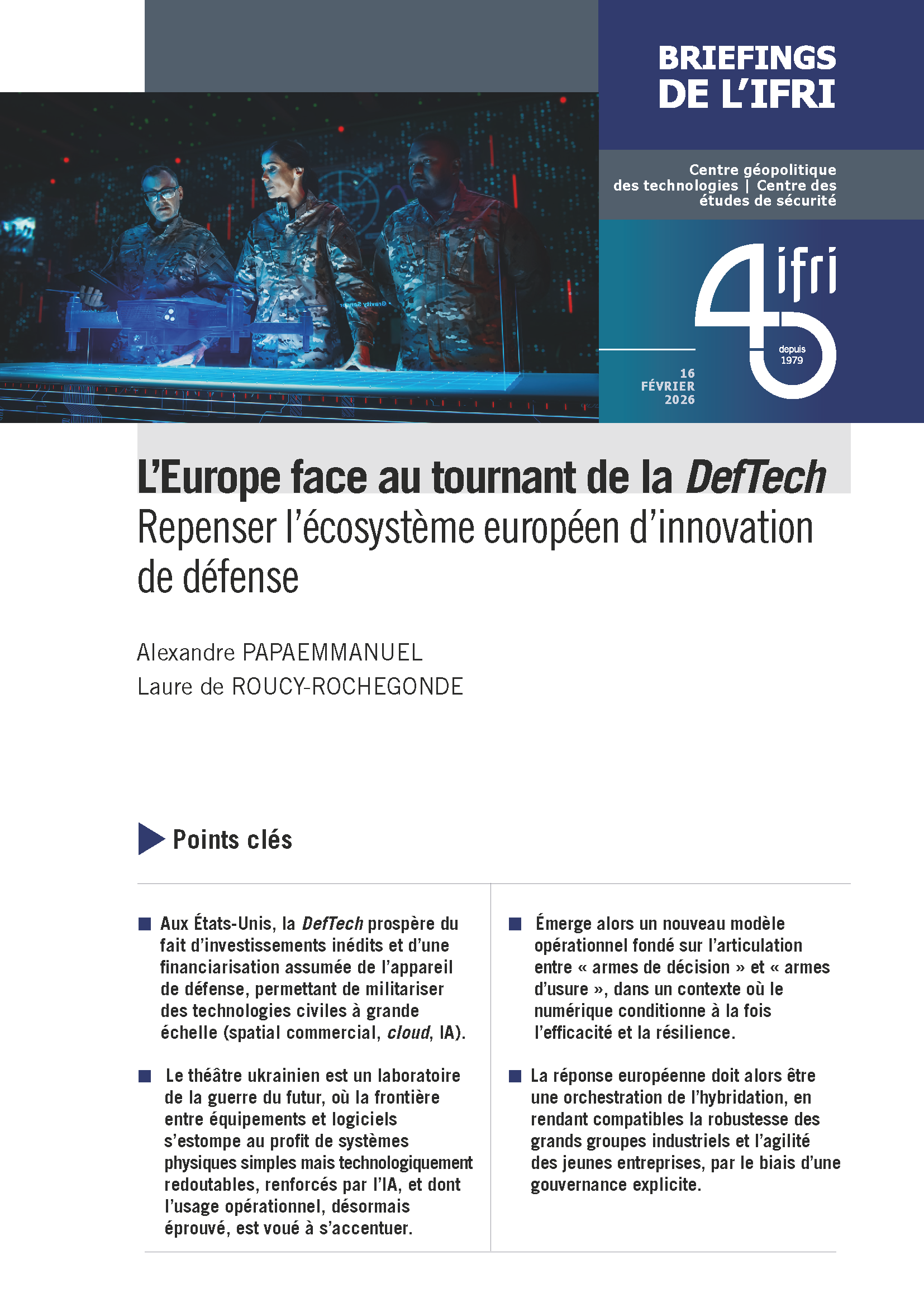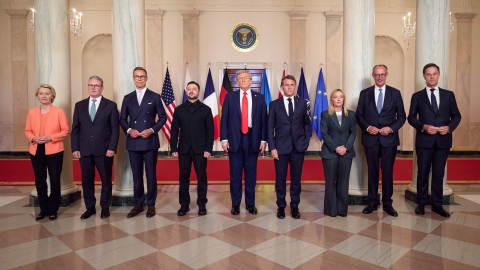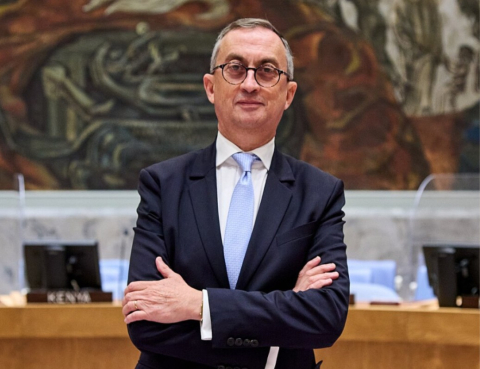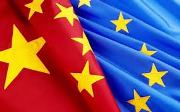
Informations pratiques
Centres et programmes liés
Ceci est un événement réservé.
En savoir plus sur nos programmes de soutienThe EU is now China"s most important trading partner while China is the EU"s second most important partner after the US. With such an intensive trade relationship, it should come as no surprise that trade tensions have intensified between the two partners, particularly on issues such as market access and intellectual property rights, anti-dumping and other trade-remedy instruments. At the same time, the importance of the trade relationship makes it all the more important to find mutually beneficial solutions to these conflicts. The objective of this meeting is first to clarify European and Chinese economic policies towards each other and how they are formulated, and secondly to highlight various challenges seen from both sides and suggest ways of moving the relationship forward.
8:45 - Welcome addresses
Thierry de Montbrial, Founder and President of Ifri
Qu Xing, President of the China Institute of International Studies (CIIS)
9:10 - Formulating European and Chinese trade strategies
Mauro Petriccione, Director for Asia and Latin America, DG Trade, European Commission
Paul Hunsinger, Special Representative of the Director General for International Affairs, Direction générale du Trésor, France
Michael Smith, Jean Monnet Professor of European Politics, Loughborough University
Jin Ling, Research Fellow, Department for European Studies, CIIS
Chair: Françoise Nicolas, Director, Ifri Center for Asian Studies
10:45 - Networking/refreshment break
11:00 - Understanding and overcoming trade irritants
Cui Hongjian, Director, Department for European Studies, CIIS
Françoise Nicolas, Director, Ifri Center for Asian Studies
Raphael Leal-Arcas, Professor, International Economic Law, Queen Mary University, London
Chair: John Seaman, Research Fellow, Ifri Center for Asian Studies
12:30 - Concluding remarks
Autres événements

Quelle politique de défense en Allemagne ?
Face à la guerre en Ukraine et à l’instabilité géopolitique en Europe dans un cadre transatlantique perturbé, l’Allemagne a amorcé un tournant majeur dans sa politique de défense, avec une hausse significative des dépenses militaires, la modernisation de la Bundeswehr et le débat sur un éventuel retour du service militaire obligatoire.
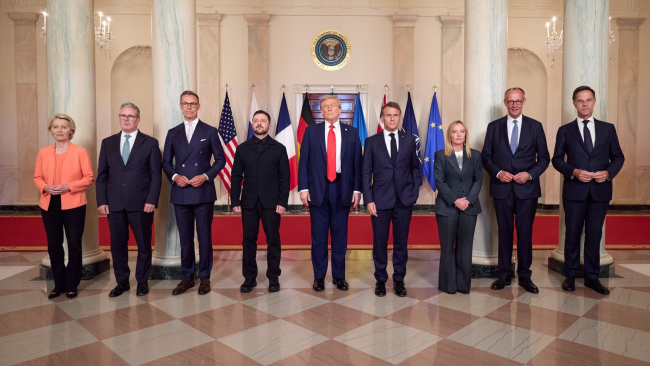
Quatre ans de guerre en Ukraine : verra-t-on la fin du conflit en 2026 ?
Un déjeuner débat autour de Tatiana Kastouéva-Jean, Directrice du Centre Russie/NEI, et Élie Tenenbaum, directeur du

Quel partenariat technologique avec l’Inde ?
Le 16ème Sommet UE-Inde, qui s’est tenu le 27 janvier à New Delhi en présence des dirigeants européens António Costa, Ursula von der Leyen, et du Premier ministre Narendra Modi, marque un tournant dans le renforcement des liens entre l'Union européenne et l'Inde. Parallèlement, les visites bilatérales se multiplient, à l’image de celle du Président français qui s’est rendu en Inde mi-février pour participer au Sommet sur l’Intelligence Artificielle.



